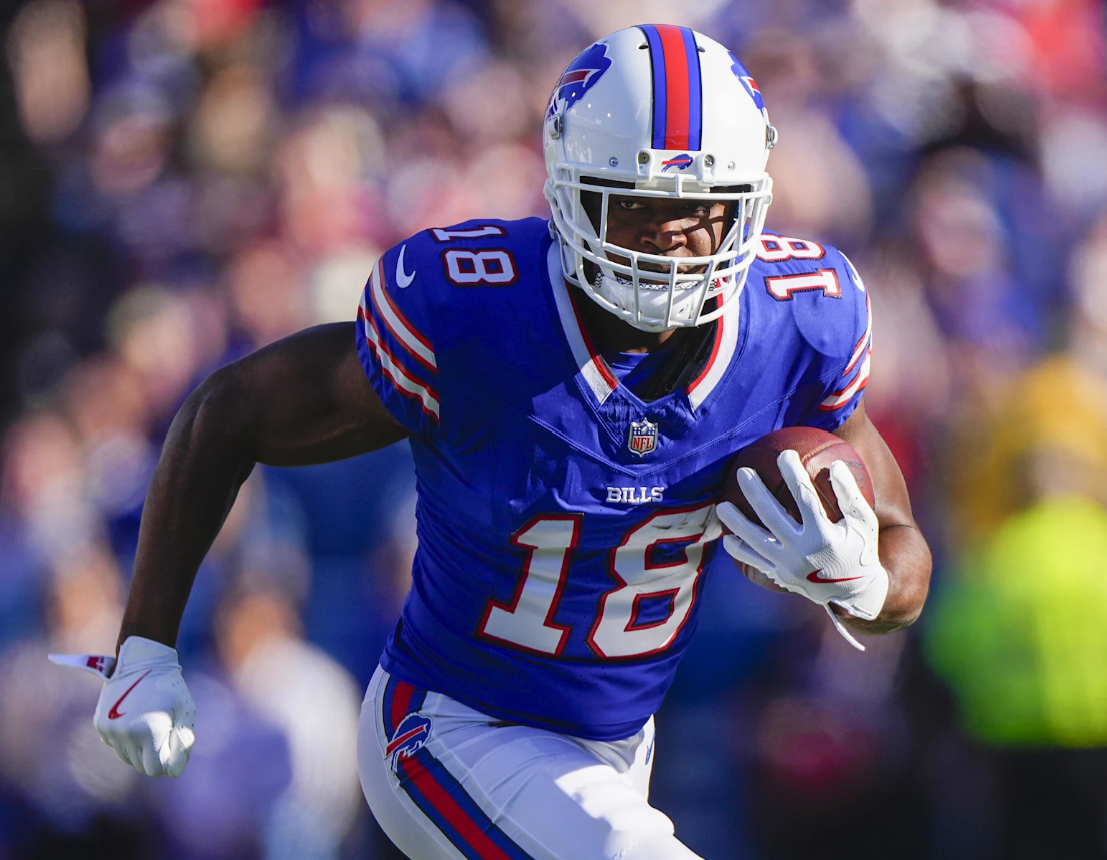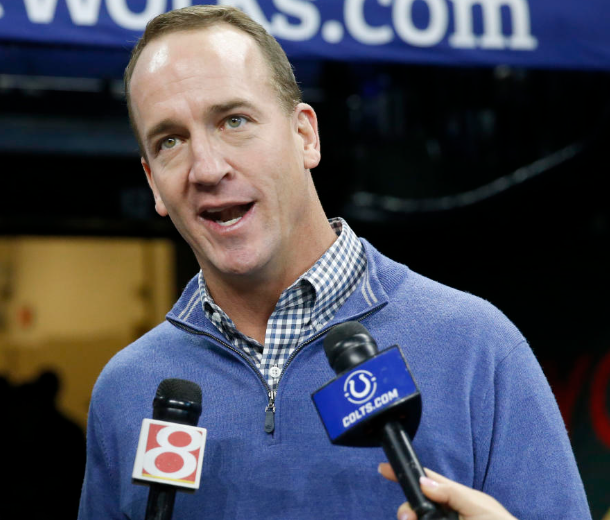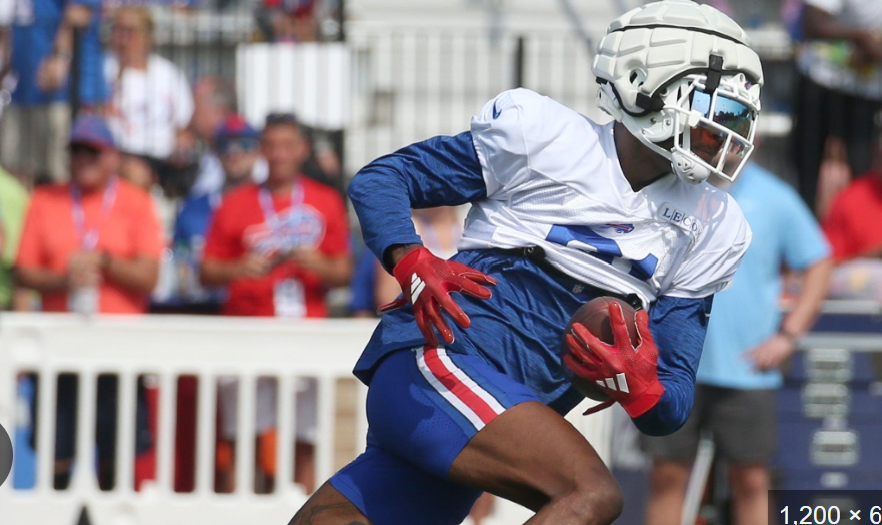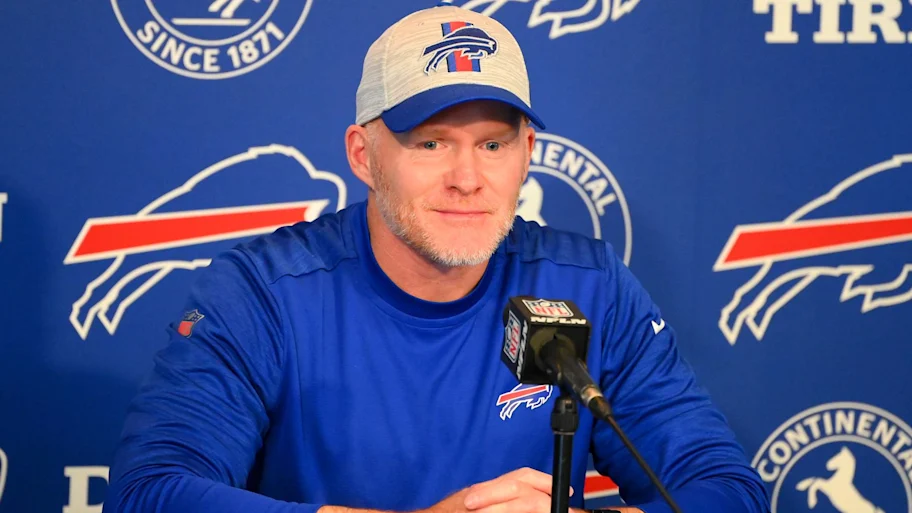The Cleveland Browns’ decision to trade Amari Cooper to the Buffalo Bills for a third-round pick before the trade deadline is proving to be a savvy and well-timed move. Despite his reputation as a dynamic playmaker, Cooper has yet to deliver on expectations since joining Buffalo.
Although he had a strong first game, Cooper’s performance dropped in his second outing, and a wrist injury sidelined him in the third game, limiting his impact on the Bills’ offense. So far, he has only recorded two games with five receptions on seven targets, totaling 69 yards and a single touchdown, and even played a role in Josh Allen’s first interception of the season against the Seattle Seahawks.
For Cleveland, the timing of the trade stands out when compared to other wide receiver moves made around the deadline. The third-round pick the Browns received for Cooper exceeds the return on similar veteran receivers, like Mike Williams, Diontae Johnson, and DeAndre Hopkins, who were all traded for fifth-round picks.
Only Davante Adams, who was dealt to the New York Jets for a conditional third-round pick, fetched a comparable trade value. While Cooper’s addition to the Bills’ receiving corps was meant to boost their offense, his limited impact so far underscores how smart Cleveland’s decision was.
By acting quickly, the Browns were able to get solid value for Cooper before his market potential waned, securing a strong draft pick and moving on from a player who had struggled to mesh with Deshaun Watson’s system.
By setting a strong market for Cooper early, Cleveland made sure to maximize its return before veteran wide receivers became less valuable in later trade discussions. Although it’s not impossible for Cooper to find success in Buffalo, his contributions so far have been minimal.
As the Browns head into the second half of the season, they’re armed with additional draft capital, positioning themselves well for future roster building. In a year where trades for veteran receivers saw varying levels of return, Cleveland appears to have navigated the market effectively, securing valuable assets while parting with a player who has yet to make a consistent impact for Buffalo.




